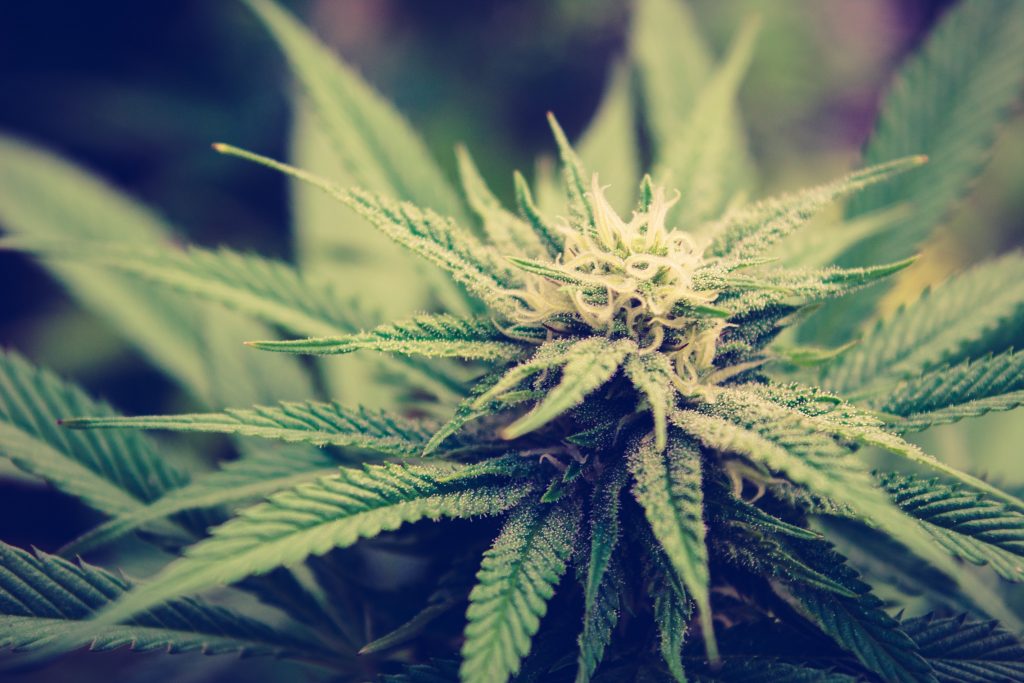Potent Pot Poses Potential Problems
A recent article from Japan suggests that cannabinoids may be able to induce seizures at high levels.1 The increase in marijuana use worldwide, in conjunction with its legalization in the United States, has lead to a parallel increase in the level of potency as well as the development of synthetic cannabinoid products. The refining process of cannabis into cannabinoid products, and synthetic cannabinoids, make it possible to consume levels of active constituents not previously available. The effects of these levels are not known, and potentially dangerous when many individuals consider marijuana and its associated products a “soft drug.”
Research Behind the Cannabis Claim
The research group found that seizures can be induced in mice by natural 9-tetrahydrocannabinol (9-THC, main active constituent of marijuana) and also by the synthetic cannabinoid JWH-018 (main active component of synthetic blend “Spice”). This was analyzed through electroencephalogram (EEG), as well as video and movement tracking of the animals. Also in the study, they looked at how treatment of cannabinoid overdose may be possible with the use of cannabinoid-1-receptor (CB1R) antagonist (AM-251). In the study AM-251 was able to prevent cannabinoid-induced seizures.
In the World of Potency and Problems: Modern Marijuana is Not the Wacky Tobacky of Yesteryear
As marijuana use has become more mainstream, clinical presentation involving marijuana intoxication is becoming more common. Research such as this is thought to be important in understanding the physiological effects of a drug which has been used for generations, but is currently being refined and synthesized to degrees that significantly alter the manner in which it has historically been used.
Source
- Malyshevskaya O, Aritake K, Kaushik MK, et al. Natural (∆(9)-THC) and synthetic (JWH-018) cannabinoids induce seizures by acting through the cannabinoid CB1 receptor. Sci Rep. 2017;7(1):10516.
Photo by Esteban Lopez on Unsplash
 Node Smith, ND, is a naturopathic physician in Portland, OR and associate editor for NDNR. He has been instrumental in maintaining a firm connection to the philosophy and heritage of naturopathic medicine among the next generation of docs. He helped found the first multi-generational experiential retreat, which brings elders, alumni, and students together for a weekend camp-out where naturopathic medicine and medical philosophy are experienced in nature. Four years ago he helped found the non-profit, Association for Naturopathic ReVitalization (ANR), for which he serves as the board chairman. ANR has a mission to inspire health practitioners to embody the naturopathic principles through experiential education. Node also has a firm belief that the next era of naturopathic medicine will see a resurgence of in-patient facilities which use fasting, earthing, hydrotherapy and homeopathy to bring people back from chronic diseases of modern living; he is involved in numerous conversations and projects to bring about this vision.
Node Smith, ND, is a naturopathic physician in Portland, OR and associate editor for NDNR. He has been instrumental in maintaining a firm connection to the philosophy and heritage of naturopathic medicine among the next generation of docs. He helped found the first multi-generational experiential retreat, which brings elders, alumni, and students together for a weekend camp-out where naturopathic medicine and medical philosophy are experienced in nature. Four years ago he helped found the non-profit, Association for Naturopathic ReVitalization (ANR), for which he serves as the board chairman. ANR has a mission to inspire health practitioners to embody the naturopathic principles through experiential education. Node also has a firm belief that the next era of naturopathic medicine will see a resurgence of in-patient facilities which use fasting, earthing, hydrotherapy and homeopathy to bring people back from chronic diseases of modern living; he is involved in numerous conversations and projects to bring about this vision.






